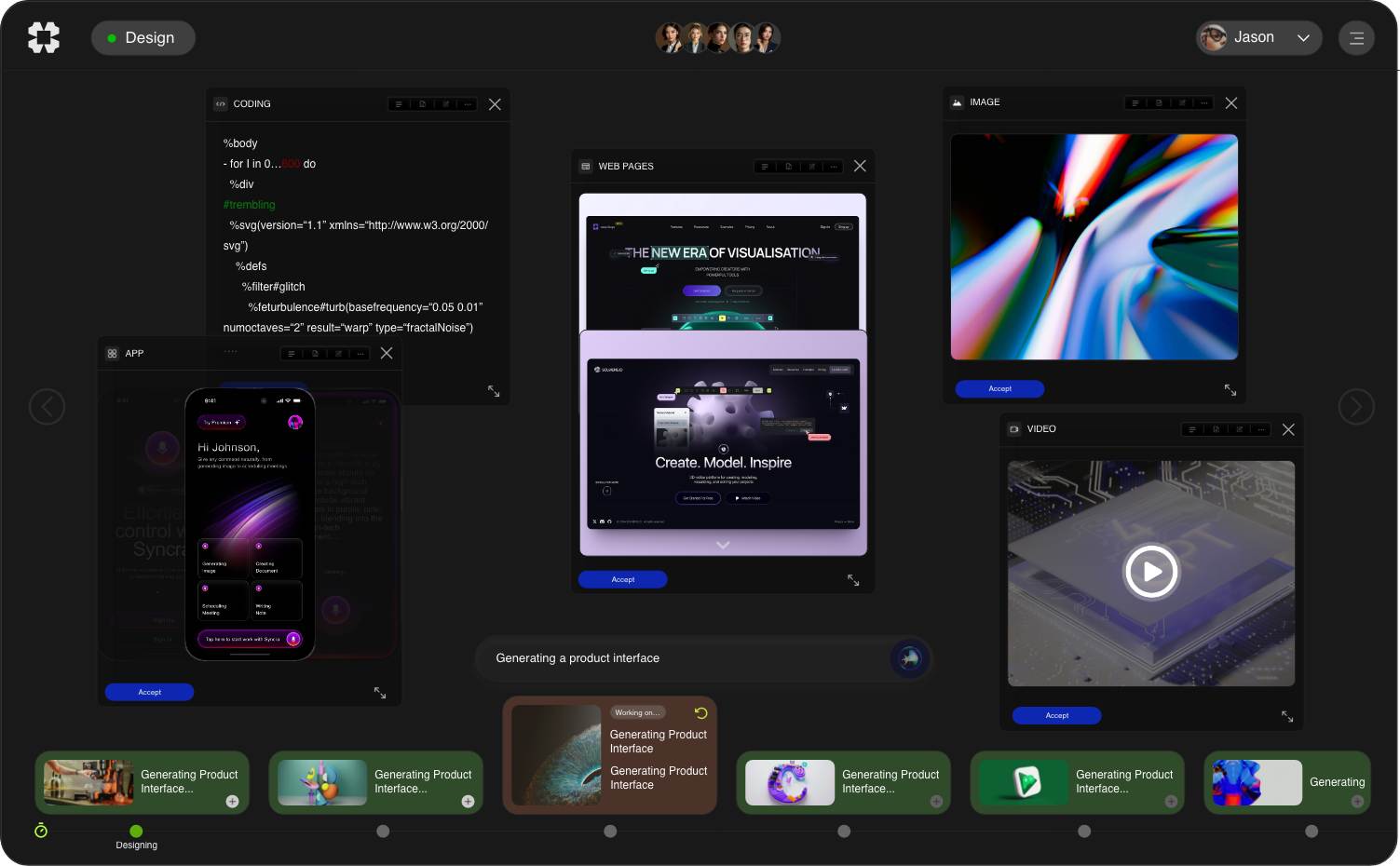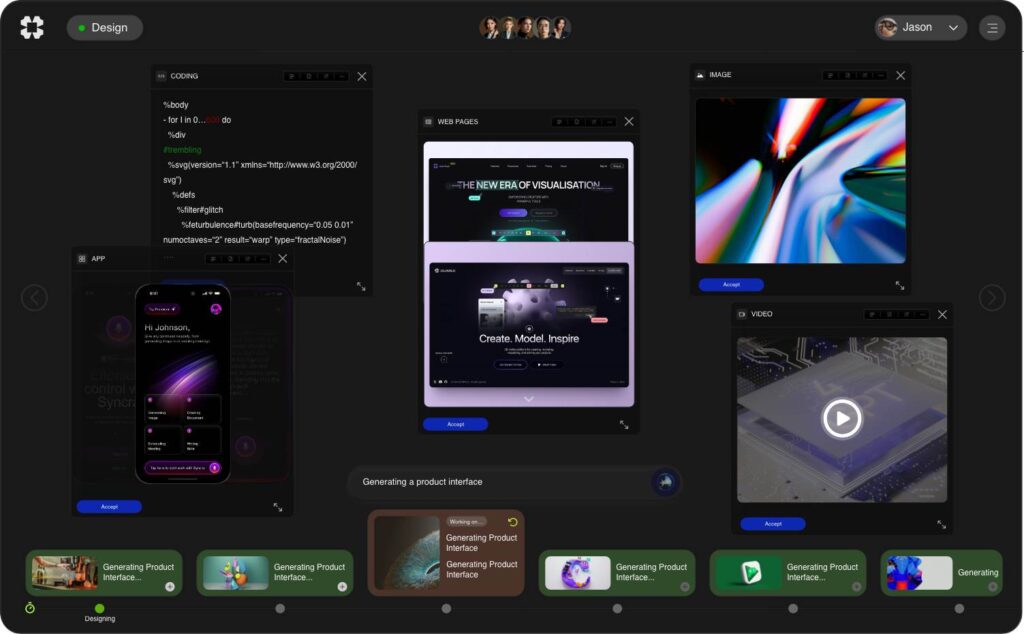In the ever-evolving world of technology, artificial intelligence (AI) stands out as one of the most significant driving forces of innovation across various industries. As we step into 2024, the trends surrounding AI are not merely transformative; they are revolutionary. Businesses are leveraging AI to optimize operations, enhance customer experiences, and develop cutting-edge applications that streamline complex processes. Let’s delve into the latest AI trends, explore AI optimization strategies, and examine the role of AI-based software tools in shaping future enterprises.
.
**Unveiling AI Trends for 2024**
In 2024, AI trends are expected to dominate discussions within boardrooms and tech advisories alike. These trends reflect not only advancements in technology but also shifts in consumer behavior and business requirements. One key trend emerging is the focus on ethical AI. Companies are increasingly acknowledging the need for responsible AI systems that prioritize fairness and transparency, ensuring that AI does not perpetuate biases. This shift will require organizations to adopt frameworks that highlight the importance of ethical considerations in AI development and deployment.
.
Another notable trend is the surge in AI-powered automation. Businesses are integrating AI into their workflows to automate mundane tasks, which allows employees to focus on strategic initiatives that drive value. For instance, routine customer service inquiries can now be efficiently handled by AI chatbots, enhancing response times and freeing human agents to tackle more complex issues. A recent study by McKinsey & Company reports that nearly 70% of organizations are implementing AI automation in some capacity, reflecting the significant value businesses see in optimizing their operations.
.
Furthermore, the popularity of generative AI continues to climb. This technology, which creates new content based on existing data, is revolutionizing areas like marketing and design. Companies use generative AI for everything from crafting personalized content to designing prototypes. According to research by Gartner, the global market for generative AI tools is anticipated to exceed $20 billion by 2025, highlighting their increasing relevance in different business sectors.
.
**AI Optimization: Streamlining Operations for Enhanced Productivity**
The concept of AI optimization revolves around refining processes and systems through intelligent technology. AI optimization employs machine learning algorithms and data analytics to identify inefficiencies and improve overall performance. One industry deeply impacted by AI optimization is supply chain management.
.
In modern supply chains, AI-driven analytics help organizations forecast demand accurately, manage inventory levels, and streamline logistics operations. For example, companies like Amazon are also leveraging AI to predict inventory shortages, optimizing fulfillment centers in response to real-time data. By integrating AI-based optimization strategies, organizations can significantly lower operational costs and minimize waste, leading to greater profitability.
.
Another area where AI optimization is making strides is in human resources. Companies are using AI tools to enhance talent acquisition, engagement, and retention. AI-driven recruitment tools can sift through vast amounts of resumes, identifying the best candidates based on criteria set by hiring managers. A report from LinkedIn indicates that companies employing AI in their recruitment process have seen a 30% reduction in hiring time, showcasing how AI optimization can benefit both employers and job seekers.
.
**AI-Based Software Tools: Empowering Businesses for Success**
As the demand for AI technologies surges, a range of AI-based software tools are emerging to empower businesses across various sectors. These tools provide organizations with the technological capabilities to analyze large datasets, automate workflows, and enhance decision-making processes, ultimately driving business success.
.
One prominent AI-based software tool gaining traction is Salesforce’s Einstein. This AI-powered analytics tool helps businesses analyze customer interactions, personalize marketing messages, and predict future buying behaviors. By utilizing sophisticated algorithms, Einstein enables organizations to sharpen their customer engagement strategies, leading to improved sales performance and customer satisfaction.
.
Similarly, tools like TensorFlow and PyTorch have become invaluable for developers and data scientists. These open-source libraries provide powerful frameworks for building machine learning models, allowing organizations to innovate rapidly. The flexibility and scalability of these tools enable companies to tailor AI solutions to their specific needs, facilitating the creation of applications ranging from image recognition to natural language processing.
.
Moreover, platforms like Microsoft Azure AI offer accessible solutions for deploying AI models within existing business infrastructures. These cloud-based services simplify the integration of AI capabilities, democratizing access to advanced technologies. Businesses of all sizes can harness the potential of AI, regardless of their technical prowess, allowing them to remain competitive in an increasingly digital economy.
.
**Real-World Use Cases: AI in Action**
Many companies across various industries are leading the charge in adopting AI trends, optimizing their operations, and utilizing AI-based software tools. A standout example is the healthcare sector, where AI is transforming patient care and hospital administration.
.
Leading hospitals are employing AI algorithms to analyze patient data and predict health outcomes, leading to more personalized treatment plans. For instance, dermatology practices are utilizing AI systems to diagnose skin cancers more accurately than many human specialists, enabling early intervention and improving patient survival rates. This application of AI not only enhances patient outcomes but also streamlines diagnostic processes, reducing the burden on healthcare professionals.
.
In the financial services industry, AI technologies are proving essential in fraud detection and risk management. Companies like PayPal use AI to monitor transactions in real time, identifying suspicious activities with remarkable accuracy. The implementation of AI-based software tools has enabled financial institutions to bolster their security measures while enhancing customer experience by minimizing transaction delays usually caused by fraud checks.
.
Retail giants, such as Walmart, are employing AI to optimize supply chain logistics and enhance customer experiences. By analyzing customer purchasing patterns and inventory levels, Walmart can ensure that the right products are available at the right time, leading to improved operational efficiency and customer satisfaction. The implementation of AI not only boosts sales but also creates a more responsive retail environment.
.
**Conclusion: Embracing the AI Revolution**
The future of business is undoubtedly intertwined with artificial intelligence. As we traverse through 2024, organizations that adopt AI trends, optimize their operations, and implement AI-based software tools stand to gain a significant competitive advantage. With applications spanning various industries—healthcare, finance, retail, and beyond—AI is reshaping how organizations operate and engage with their customers.
.
By focusing on ethical AI, leveraging AI optimization strategies, and embracing innovative software tools, companies can harness the power of AI to drive growth and efficiency in an ever-competitive landscape. The time to adapt and invest in AI is now, as those who embrace this technology will pave the way for the future.
.
**Sources:**
1. McKinsey & Company. (2023). “The State of AI in 2023.”
2. Gartner. (2023). “Market Guide for Generative AI.”
3. LinkedIn. (2023). “The Impact of AI on Recruitment and Hiring Practices.”

























